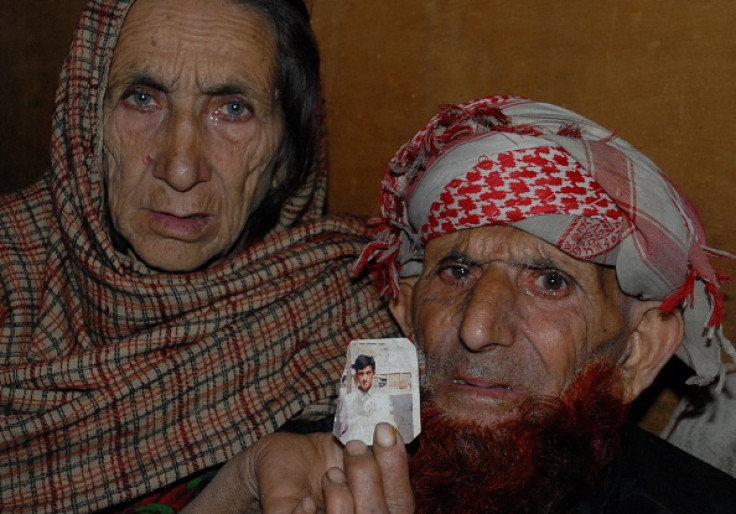UN urges Pakistan to stop executions and reinstate death penalty moratorium

The UN in Pakistan has expressed concern over a surge in executions since the country lifted a six-year-moratorium on the death penalty in January 2015. Capital punishment was reinstated as the Pakistani government vowed to kill terrorists following the December 2014 Peshawar school massacre, in which Pakistani Taliban insurgents killed 150 people, including 134 children.
Since then, dozens of people, including child offenders, have been executed.
"There is no scientific proof that the death penalty serves as a deterrent or contributes to combating crime or violent extremism," the UN said in a statement.
"While we appreciate the need for effective counter-terrorism measures to protect people, including children, such action must strengthen human rights and be proportionate and necessary in a democratic society.
"The UN in Pakistan, therefore, urges the Government to reinstate its moratorium as soon as possible. We stand ready to support it in doing so and to assist in strengthening the existing justice system if so requested."
The comments were made as Pakistan is facing international pressure to halt the "unlawful" execution of 24-year-old Shafqat Hussain.
Hussain was arrested in 2004, when he was 14, and charged with kidnapping and involuntary manslaughter after he allegedly admitted to having abducted a seven-year-old boy. However, his family, his lawyers, and rights groups have warned that Hussain made the confession after nine days of alleged torture.
Rights groups have also warned that the execution would be in breach of both domestic laws and two international treaties - the International Covenant of Civil and Political Rights and the Convention of the Rights of the Child, of which Pakistan is signatory - that forbid countries to hand death sentences to individuals who committed a crime before turning 18.
Pakistan issued a 72-hour-long stay of the execution, which was due to occur on 19 March, to allow investigation on the age of Hussain at the time of the conviction and allegations of torture.
© Copyright IBTimes 2024. All rights reserved.






